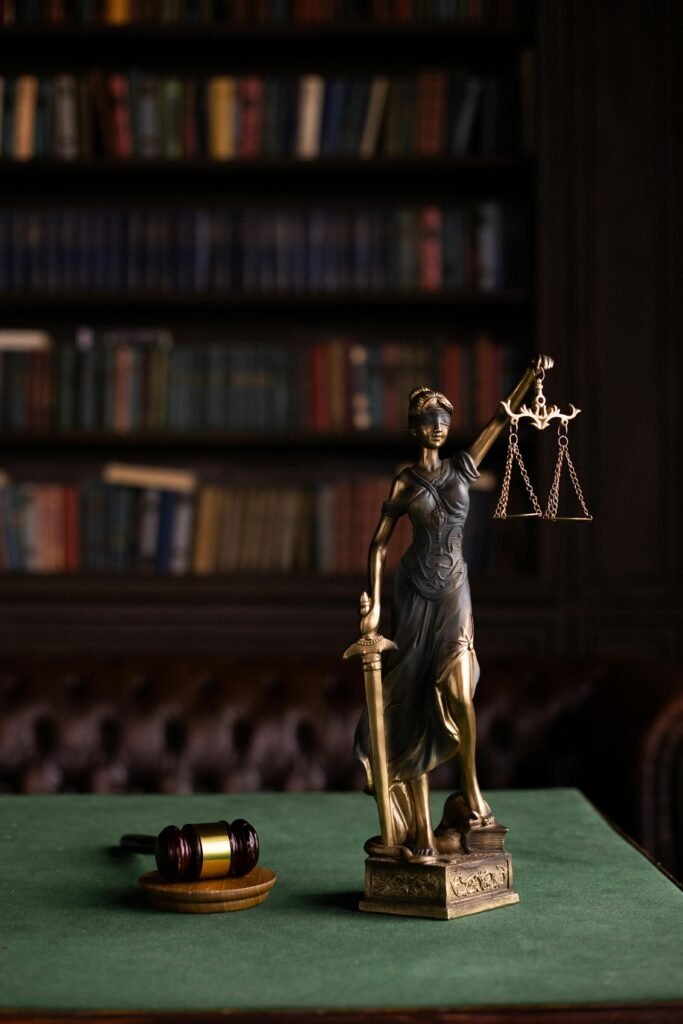
A K Gopalan vs State of Madras 1950
A K Gopalan vs State of Madras (1950): A Landmark Judgment on Preventive Detention
Introduction
The case of A K Gopalan vs State of Madras (1950) stands as a pivotal moment in Indian constitutional law, particularly concerning the interpretation of fundamental rights under Articles 19 and 21 of the Indian Constitution. This judgment addressed the delicate balance between individual liberties and state security, setting a precedent for future legal interpretations.
Background
A K Gopalan, a prominent communist leader, had been detained multiple times since December 1947 under various preventive detention laws. In March 1950, while incarcerated in the Madras Jail, he was detained under the Preventive Detention Act, 1950. This Act empowered the government to detain individuals without trial if their actions were deemed prejudicial to state security or public order.
Legal Challenge
Gopalan challenged his detention by filing a writ of habeas corpus under Article 32 of the Indian Constitution. He contended that his detention violated his fundamental rights under Articles 14 (Right to Equality), 19 (Protection of Certain Rights Regarding Freedom of Speech, etc.), and 21 (Protection of Life and Personal Liberty). He argued that the Preventive Detention Act infringed upon these rights and lacked the procedural safeguards necessary to prevent arbitrary detention.
Key Issues
Scope of ‘Procedure Established by Law’ in Article 21: Does this phrase imply any procedural safeguards, or does it merely refer to any procedure enacted by the legislature?
Interrelation of Fundamental Rights: Should Articles 19 and 21 be read together, ensuring that laws restricting personal liberty also respect the freedoms guaranteed under Article 19?
Validity of the Preventive Detention Act, 1950: Does the Act, particularly Section 14 which restricts disclosure of detention grounds, violate constitutional provisions?
Arguments Presented
For the Petitioner (A.K. Gopalan):
Violation of Fundamental Rights: The Preventive Detention Act infringes upon the rights guaranteed under Articles 19 and 21.
Due Process of Law: Article 21’s “procedure established by law” should be interpreted to include principles of natural justice, ensuring fairness and reasonableness.
Arbitrariness of the Act: The Act provides unchecked powers to the executive, leading to potential misuse and arbitrary detentions.
For the Respondent (State of Madras):
Legislative Competence: The Preventive Detention Act was validly enacted under the Constitution’s provisions.
Separate Rights: Articles 19 and 21 are distinct; a law affecting personal liberty under Article 21 doesn’t necessarily infringe upon the freedoms under Article 19.
Procedural Compliance: The Act prescribes a procedure for detention, satisfying the requirement of “procedure established by law” in Article 21.
Judgment
The Supreme Court, in a majority decision, upheld Gopalan’s detention. The Court interpreted “procedure established by law” in Article 21 to mean any procedure duly enacted by the legislature, without necessarily incorporating principles of natural justice. It held that as long as a law is validly enacted, any procedure it prescribes is constitutionally valid, even if it lacks elements of fairness or reasonableness. The Court also opined that Articles 19 and 21 operate independently; a law depriving personal liberty under Article 21 doesn’t need to satisfy the freedoms enumerated in Article 19. However, the Court struck down Section 14 of the Preventive Detention Act, which prohibited the disclosure of detention grounds, as unconstitutional.
Dissenting Opinion
Justice Fazl Ali dissented, arguing that fundamental rights are interconnected and should be read together. He emphasized that “procedure established by law” must incorporate principles of natural justice, ensuring fairness and preventing arbitrary state action. Justice Ali contended that the Preventive Detention Act violated Articles 19 and 21 and lacked adequate procedural safeguards.
Implications and Critique
The A K Gopalan vs state of Madras case set a precedent for a narrow interpretation of personal liberty under the Indian Constitution. By isolating Article 21 from other fundamental rights, the judgment allowed for laws that could potentially infringe upon individual freedoms without adequate safeguards. This interpretation faced criticism for enabling state overreach and neglecting the holistic protection of fundamental rights. The decision was eventually revisited in the landmark case of Maneka Gandhi v. Union of India (1978), where the Supreme Court adopted a more expansive interpretation, emphasizing that laws affecting personal liberty must be just, fair, and reasonable, thereby overruling the restrictive stance taken in the Gopalan case.
Related Cases Impacted by A.K. Gopalan v. State of Madras
Maneka Gandhi v. Union of India (1978): This case overruled the restrictive interpretation of Article 21 in the Gopalan case, establishing that personal liberty cannot be curtailed without a just, fair, and reasonable procedure.
K.K. Verma v. Union of India (1954): This case examined the validity of preventive detention laws and was influenced by the principles established in the Gopalan case.
R.C. Cooper v. Union of India (1970): This case dealt with the scope of personal liberty and was impacted by the interpretation of Article 21 in the Gopalan case.
Sunil Batra v. Delhi Administration (1978): This case addressed the rights of prisoners and was influenced by the broader interpretation of personal liberty established in later cases following Gopalan.
State of Maharashtra v. Bhaurao Punjabrao Gawande (2008): This case dealt with preventive detention laws and was influenced by the principles established in the Gopalan case.
Conclusion
The Supreme Court’s decision in A.K. Gopalan v. State of Madras highlighted the tension between individual liberties and state authority in India’s nascent
Judgments Case Summary Page
Visit Our Youtube channel






